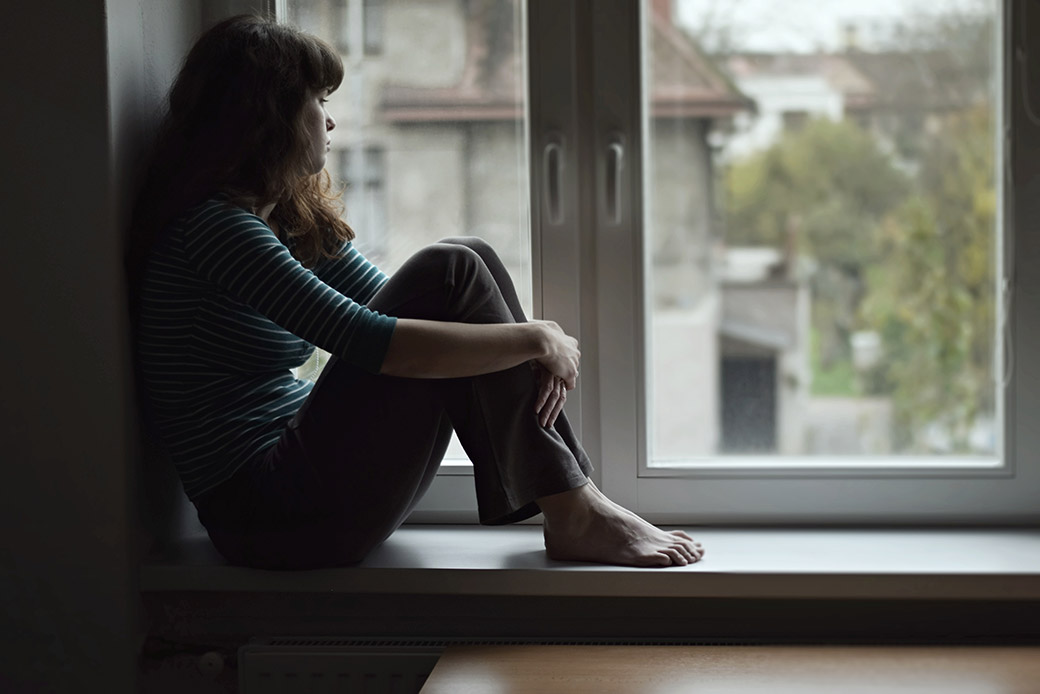Physical distancing to slow the spread of CoVid-19 can be particularly difficult for teens who are accustomed to a large amount of peer social support. Our adolescents have experienced an abrupt change in their social and academic lives and face stressors that are new and challenging.
Here are a few ways you can help your teen cope.
Assist in the development of new schedules
Teens might suddenly find themselves facing the challenge of an self-imposed schedule and this may be especially challenging for those who have attention or executive functioning problems. External structure such as school, sports, and extracurricular activities that have previously helped propel them through their day are not currently present. Sit down with your teen and communicate with them about the importance of developing a new schedule. Be sure to include breaks and transitions that help mark the day such as free periods, lunch, and time for social engagement. Join with them in developing routine that may look different during the week than it does on the weekend.
Stay safely connected
In some cases, teenagers are better equipped than adults to navigate relationships and social support via online and social mediums! Allow your teen to stay connected to friends and loved ones by phone, text, social media or video chat. Engage them in developing or modifying your family media plan to include opportunities for non academic screen time. Use this as an opportunity to check privacy settings and review safe online practices. Utilize your teen in-home tech experts when you have questions related to navigating technology. Allowing them to help you with platforms such as Google Classroom, Zoom, and others will promote feelings of usefulness and confidence.
Promote physical exercise and healthy sleep hygiene
Psychological research shows that engaging in physical exercise is good for your mental health. This extends to children and teens. Finding ways to get outside and be physically active can reduce stress and provide a sense of accomplishment for teens. Online exercise classes including strength training and yoga are additional resources that are readily accessible. Similar to exercise, getting good sleep is paramount for promoting healthy physical and mental health in teens. Lack of structure and increased screen time are roadblocks for good sleep hygiene. Continue to encourage regular bed times and wake up times in addition to limiting access to technology in the bedroom at night.
Recognize milestones and achievements
Take time to mark and celebrate achievements during this time. Teens and young adults are grieving the loss of milestones such as graduations, proms, and school trips that mark the end of the academic year and provide opportunities for closure and transition. Brainstorm with your child to determine the best way to recognize these achievements. Throw a graduation party and invite friends and family via Facetime. Allow your teen to plan a celebratory trip that can be taken with family when restrictions are lifted. Encourage your teen to journal or scrapbook about this time and reflect on their own achievement and success.
Avoid avoidance
Teens are at risk for engaging in unhealthy strategies in order to avoid negative feelings such as anxiety, depression or boredom. These unhealthy avoidance strategies can range from mindless TV watching to binge eating behaviors to drug and alcohol use. Be aware of the signs of mental health problems in teens such as changes in sleep or eating patterns, academic or social problems, and frequent irritability. These may be indications that your teen needs more support in coping with current stress.
It is important to implement these strategies using open communication, acknowledgment of emotions, and empathy. Just like their parents, our teens are navigating a new normal and may need additional support in helping them stay on track.

